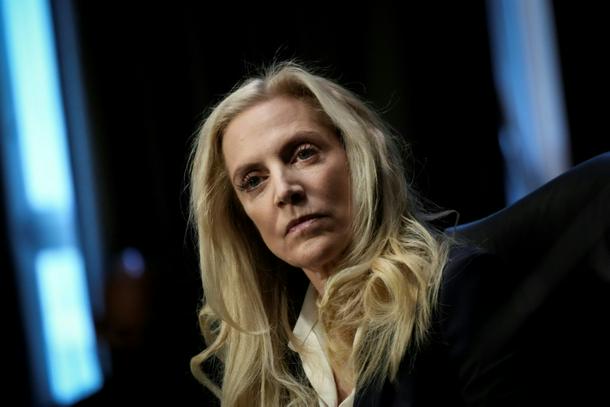
Even as inflation moderates, levels remain high, warned Federal Reserve Vice Chair Lael Brainard
Washington (AFP) - US interest rates will need to remain high for some time even as inflation eases, Federal Reserve Vice Chair Lael Brainard said Thursday, vowing the central bank plans to “stay the course” in fighting price increases.
Inflation has come down from a 40-year high as the Fed hiked rates steeply over the last year to cool the world’s biggest economy, and officials have warned against loosening policy prematurely.
“Even with the recent moderation, inflation remains high, and policy will need to be sufficiently restrictive for some time,” Brainard said in prepared remarks for an event in Chicago.
This is to ensure inflation returns to two percent on a sustained basis, she said.
In the past year, the Fed has raised the benchmark lending rate rapidly from around zero to 4.25-4.50 percent. Brainard’s latest remarks suggest rates will have to stay high for a while.
At a separate event Thursday, New York Fed President John Williams echoed Brainard’s sentiments on inflation remaining too high and added that bringing down prices will likely require a “period of below-trend growth and some softening of labor market conditions.”
While the Fed has taken strong action, “it is clear that monetary policy still has more work to do,” he said, noting that policy also affects parts of the economy differently.
As the impact of policy ripples through sectors, he expects “modest” GDP growth at around one percent in 2023, along with a rise in the unemployment rate to around 4.5 percent.
Given a lag in transmission from the Fed’s aggressive campaign, Brainard warned of a greater “drag on US growth and employment” this year.
“It is likely that the full effect on demand, employment, and inflation of the cumulative tightening that is in the pipeline still lies ahead,” she said.
But for now, there is evidence that some persistent components of inflation are coming down, along with signs of a deceleration in wages.
Wages do not appear to be driving inflation up in a “1970s-style” spiral either, she said.
And signs point to the possibility that continued moderation in demand could allow the labor market to ease further and inflation to fall, without “significant loss of employment,” added Brainard.